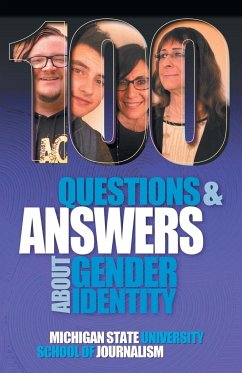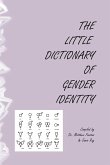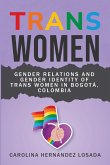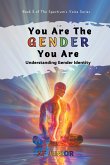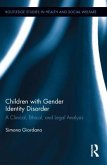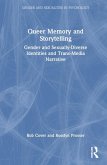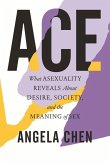100 Questions and Answers About Gender Identity is part of the Michigan State University School of Journalism series on cultural competence. The guide is written for those who want quick answers to basic, introductory questions about transgender people. It is a starting point for family members, teachers, people in business, places of worship, government, medicine, law enforcement, human resources and journalism who want to get a fast grounding. The guide suggests resources for those who then want greater depth. Questions include: What is the difference between gender and sex? What is the gender spectrum? At what age do people start understanding their own gender identity? What is transitioning? How does someone know they should transition? Do all transgender people have gender-confirming surgery? Are most transgender people gay? What is gender identity? How many transgender people are there in the United States?
Hinweis: Dieser Artikel kann nur an eine deutsche Lieferadresse ausgeliefert werden.
Hinweis: Dieser Artikel kann nur an eine deutsche Lieferadresse ausgeliefert werden.

